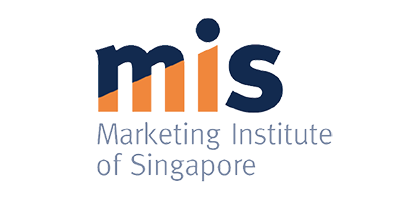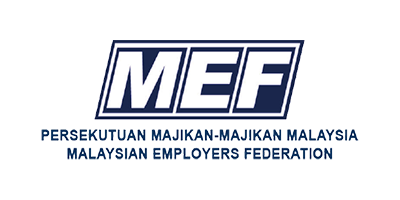Digitalization is rapidly changing the way companies operate and create value in the era of the Fourth Industrial Revolution. The emergence of technology-centred business models is also challenging established organizations to reimagine and reinvent themselves to remain relevant to the marketplace.
Digital readiness is of importance as it seems that while many organizations are either experiencing or expect to experience some form of significant digital disruption, few appear genuinely prepared.
Digital Transformation (DT/DX) is the process of integration and leveraging of digital technologies (including but not limited to artificial intelligence (AI), robotics, the Internet-of-Things (IoT), Internet-of- Systems (IoS), big data, cloud computing, and blockchain technologies) into all aspects of an organization. It transcends traditional roles like sales, marketing, operations, finance, strategy, IT, and customer services to create new or enhance existing business processes, culture, and customer experience (CX) to meet changing market requirements.
DT/DX is not just about disruption or technology. It’s about creating and delivering a compelling value proposition and a digital-drive culture that focuses on the integration of three pillars of strategy: people, process, and technology (PPT) as seen in Figure 1 below.







